Supreme Court’s Interest in Honolulu Climate Change Case Could Become a Nightmare For Liberals
The Supreme Court’s recent decision to review a case against some of the largest oil producers is not just a legal matter but a significant development that has caught the attention of many, particularly liberals.
The state of Hawaii has taken a bold step, leading the charge in demanding that these companies be held accountable for their significant contributions to global warming. The outcome of these high-profile cases could potentially reshape the landscape of environmental responsibility, a matter of great concern for all.
Honolulu Takes on Major Oil Companies
The city of Honolulu has recently decided to go after several large oil companies, including Chevron, Exxon, and Sunoco, filing a lawsuit that calls for the groups to pay compensation.

Source: Wikimedia
According to the lawsuit, the oil companies did not adequately warn consumers about the long-term effects associated with their products, including the release of planet-harming greenhouse gases and pollutants.
Supreme Court Calls Upon Justice Department
The lawsuit brought forth by Honolulu calls for oil companies to pay considerable compensation for the damages brought on by climate change, which has led to severe weather events, including rising sea levels, drought, and global warming.
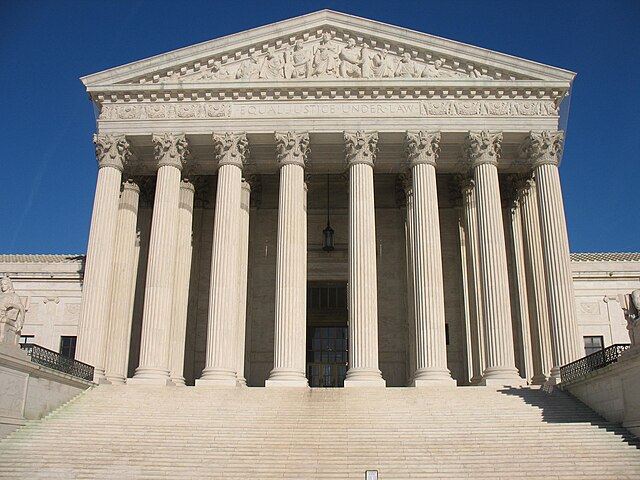
Source: Kjetil Ree, Wikimedia
Honolulu officials argue these companies are directly responsible for infrastructural and environmental damages, and billions of dollars are required for corrective measures.
Similar Cases
Several similar cases have been taken against oil companies in the past by other groups, yet none have gone to trial.

Source: Freepik
However, the Supreme Court has called upon the Justice Department for their opinion on the case, and it appears there is a serious chance the Justices will consider entertaining this lawsuit. This could be a historic win for those strongly opposed to the careless actions of the world’s richest oil companies.
Oil Companies Call For Supreme Court to Overrule
The oil companies appealed to Hawaii’s Supreme Court, arguing that federal law should preempt state legislation. They hoped the Justices would block the state from implementing independent policies, which would ultimately prohibit Honolulu from proceeding with the lawsuit.
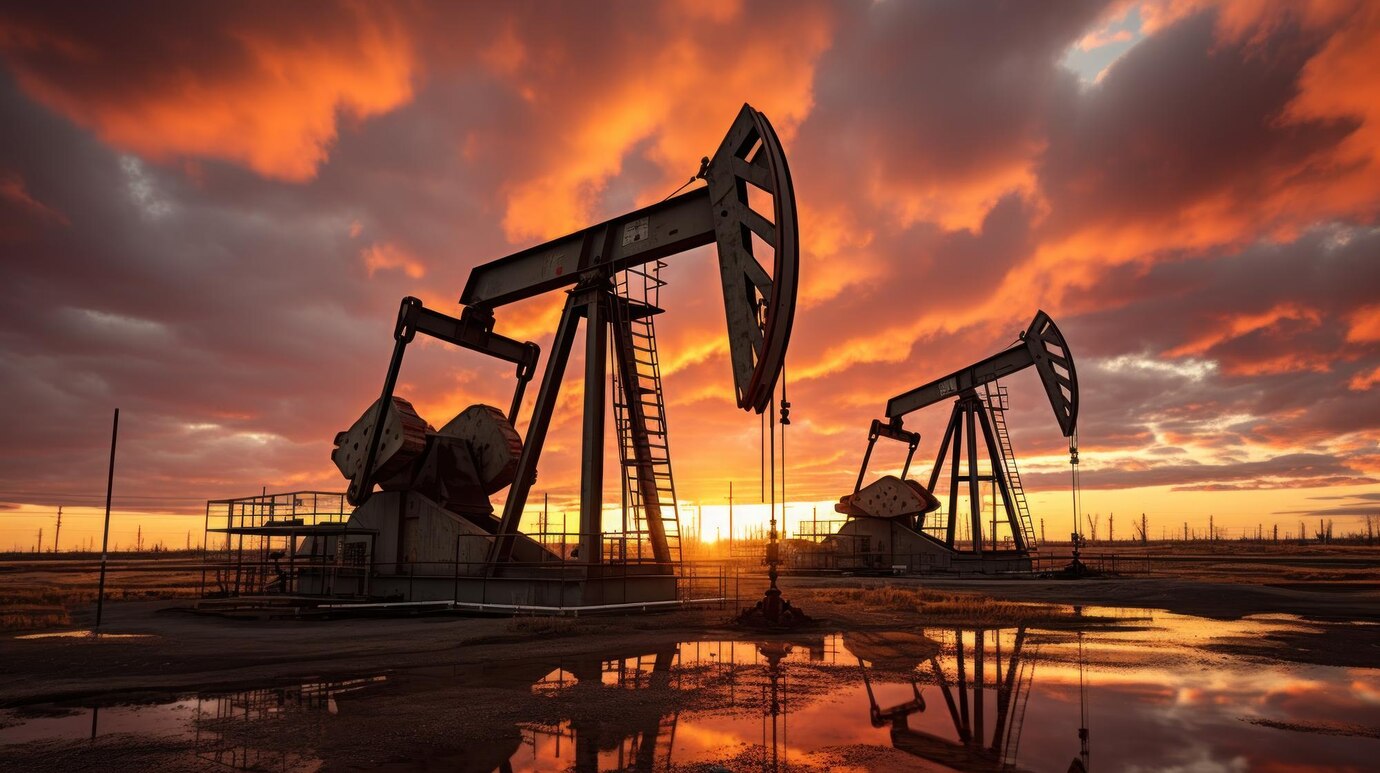
Source: rorozoa, Freepik
However, their appeal was rejected. According to the Hawaii Supreme Court, Honolulu’s lawsuit was justified under current state laws, and a trial will go ahead.
Chevron Lawyer Releases Statement
During an interview with FOX News Digital, Theodore J. Boutrous, Jr., a lawyer for Chevron, highlighted several potential legal inconsistencies that he argues the US Supreme Court needs to resolve.

Source: iStock
“It is important for the U.S. Supreme Court to grant review. The Hawaii Supreme Court’s decision flatly contradicts U.S. Supreme Court precedent and federal circuit court decisions, including the Second Circuit, which held in dismissing New York City’s similar lawsuit, ‘such a sprawling case is simply beyond the limits of state law,” he said.
Liberal and Democratic Leaders Concerned Over Supreme Court’s Alleged Bias
Various Democratic and Liberal leaders have already publicly voiced their concern over the court’s decision. Senator Sheldon Whitehouse, who sits on the Senate Judiciary Committee, shared his thoughts on X.
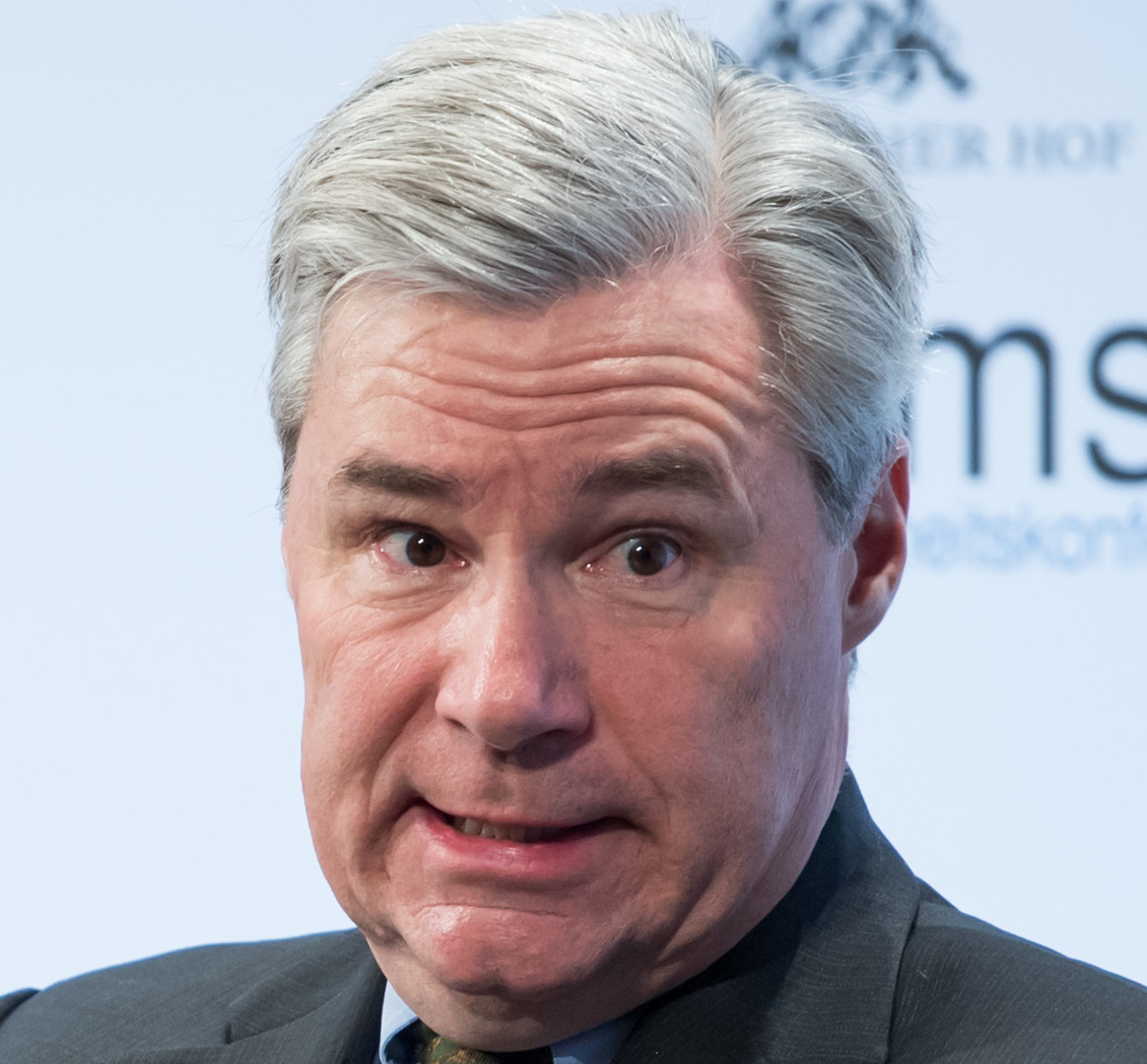
Source: Wikimedia
“[t]his captured Court’s delays of and interference in fossil fuel emissions regulations have already saved the polluters hundreds of billions — way more than they spent to capture it. But there is no end to fossil fuel polluters’ greed and entitlement,” he wrote.
Left Wing Watchdog Group Calls Out Fossil Fuel Companies
Lisa Graves, who sits as the executive director of True North Research, a left-wing watchdog Group, claims fossil fuel companies are aided by groups who hold sway over the Supreme Court Justices.

Source: Freepik
She argues fossil fuel companies’ “efforts to evade legal accountability are being aided by… the very same groups that helped the majority of justices on the U.S. Supreme Court get their seats on the bench.”
The Influence of the Federalist Society on the Court
A conservative legal organization known as The Federalist Society, alongside affiliated lawyers, has spent considerable time in recent months discussing the case and even advocating that the court should entertain the lawsuit.
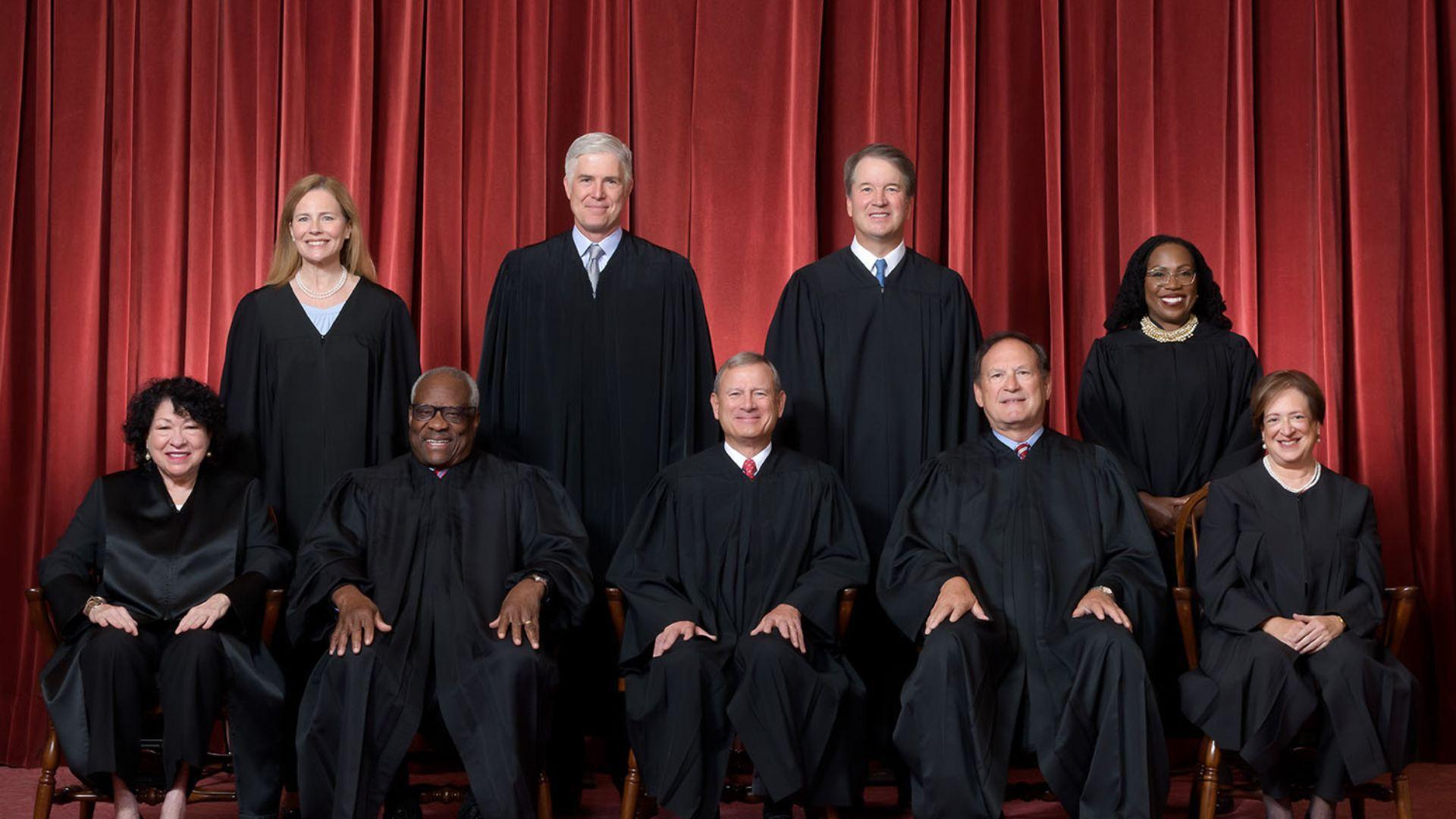
Source: Public Domain/Wikimedia Commons
The involvement of the conservative group has been noted, and it has further highlighted the political dynamics that underlie the appointment of justices.
Hawaii Chief Justice Shares Strong Words
Hawaii Supreme Court Chief Justice Mark Recktenwald released a statement explaining why he rejected the arguments of the fossil fuel companies.
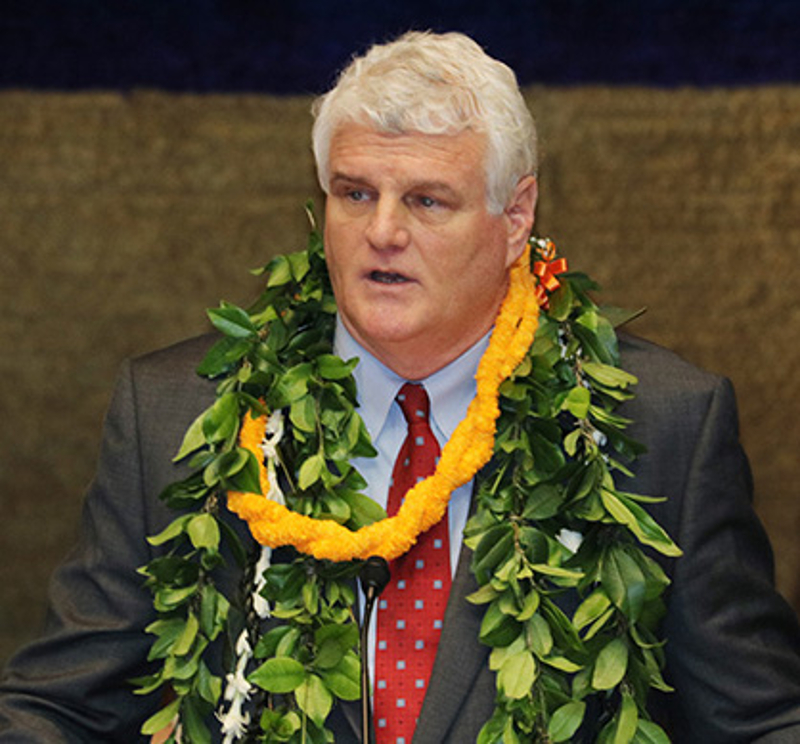
Source: @hawaiicourts/X
“Defendants knew of the dangers of using their fossil fuel products, ‘knowingly concealed and misrepresented the climate impacts of their fossil fuel products,’ and engaged in ‘sophisticated disinformation campaigns to cast doubt on the science, causes, and effects of global warming,’ causing increased fossil fuel consumption and greenhouse gas emissions, which then caused property and infrastructure damage in Honolulu,” he said.
The Climate Judiciary Project
The Climate Judiciary Project, organized by the Environmental Law Institute, was created to ensure judges understand and receive further education on the complexities surrounding climate science and legal precedent.
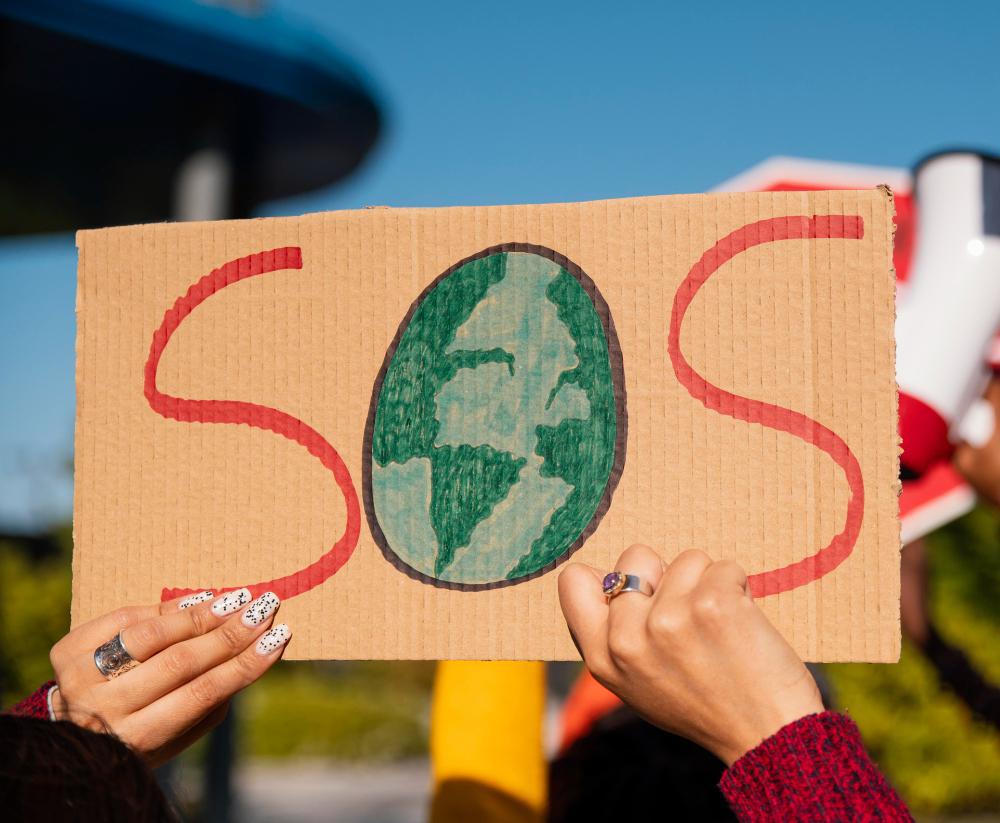
Source: Freepik
Their website states, “To address these issues, the Climate Judiciary Project of the Environmental Law Institute is collaborating with leading national judicial education institutions to meet judges’ need for basic familiarity with climate science methods and concepts.”
What the Lawsuit Could Mean For Future Litigation
The Supreme Court’s decision on whether to allow the Sunoco v. Honolulu case to go to trial will undoubtedly have long-lasting effects on how environmental claims are handled in other US states.
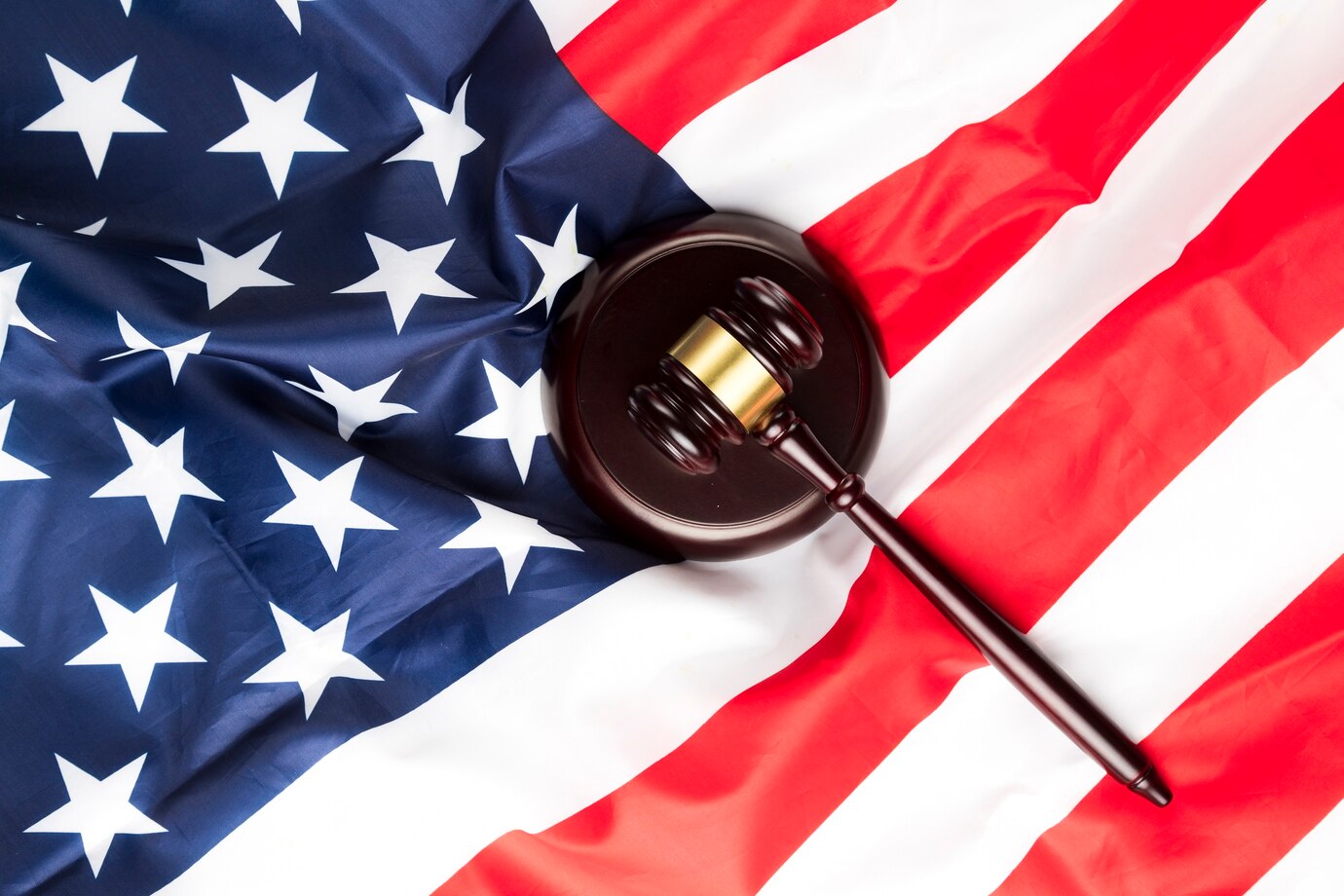
Source: Freepik
Should the city of Honolulu win, it will certainly revolutionize environmental litigation. This could lead to a significant shift in how environmental claims are handled in other US states and potentially influence future environmental policies, marking a crucial turning point in the fight against climate change.
